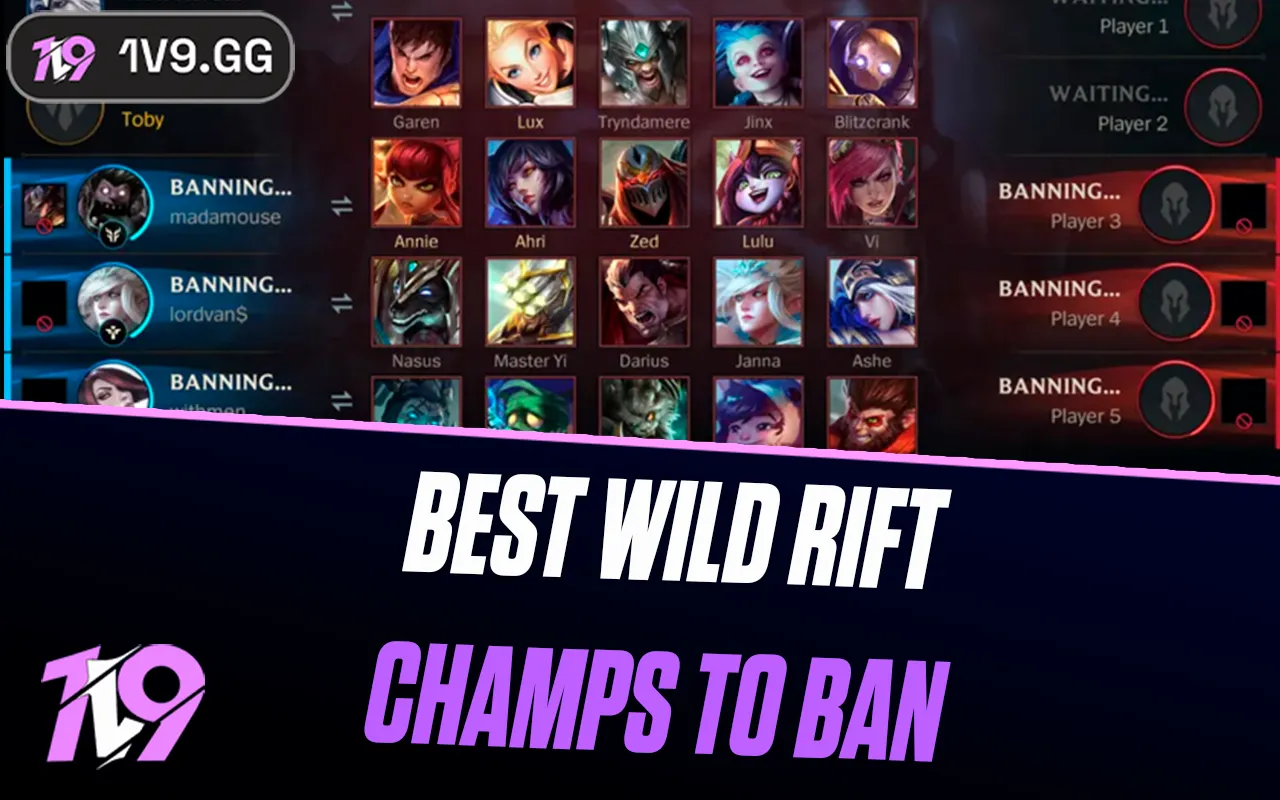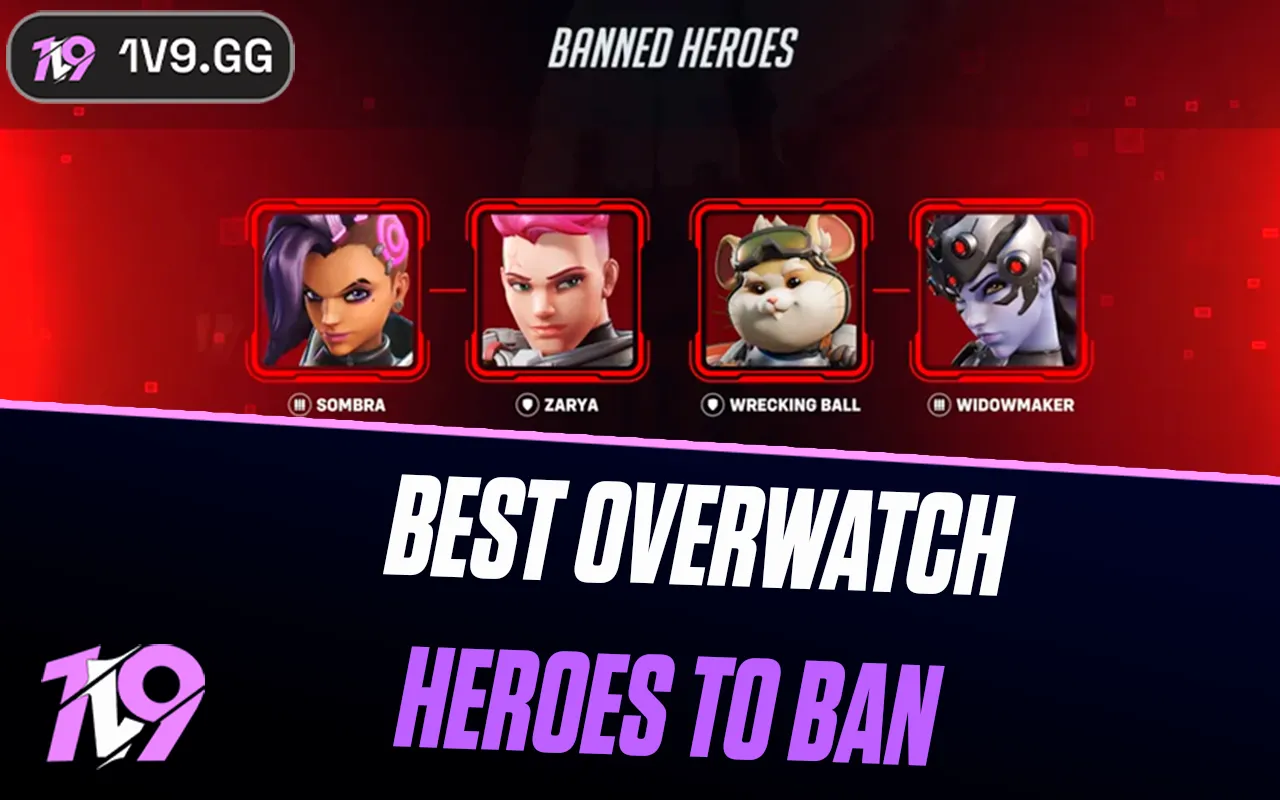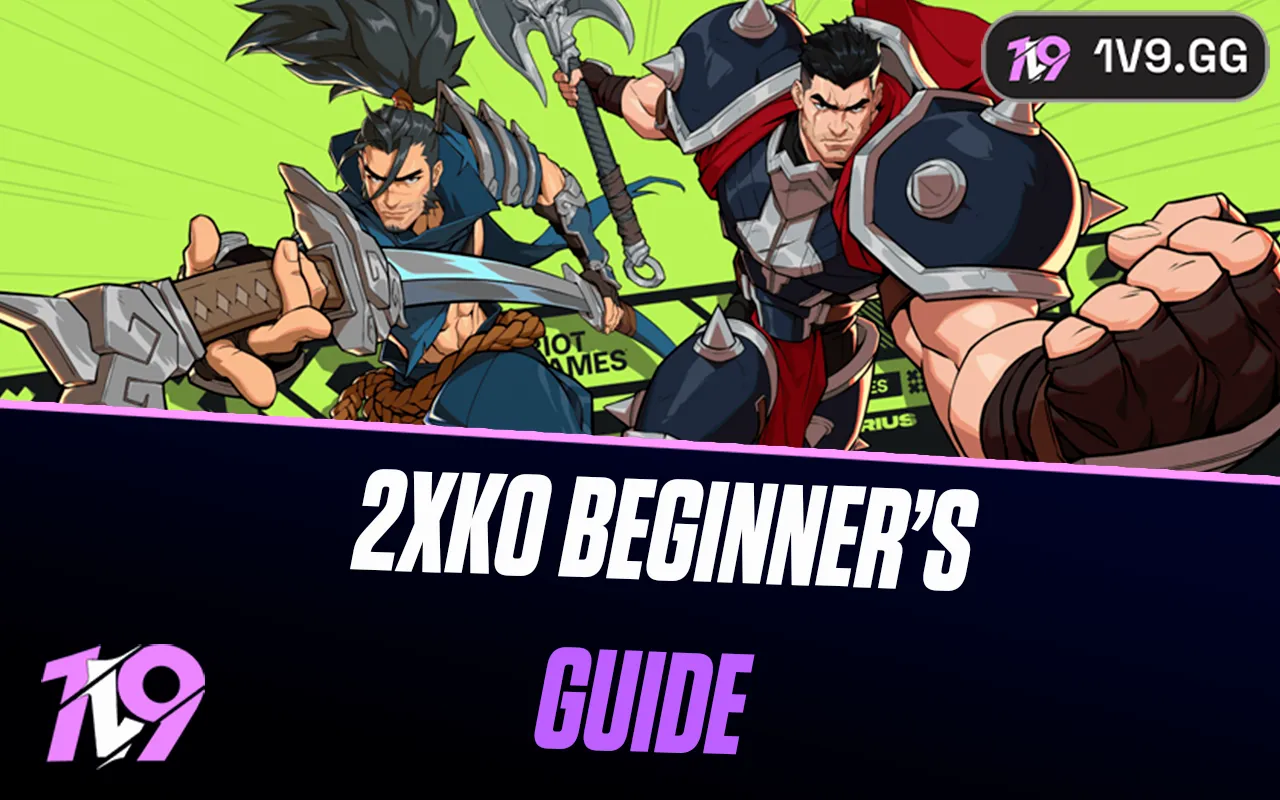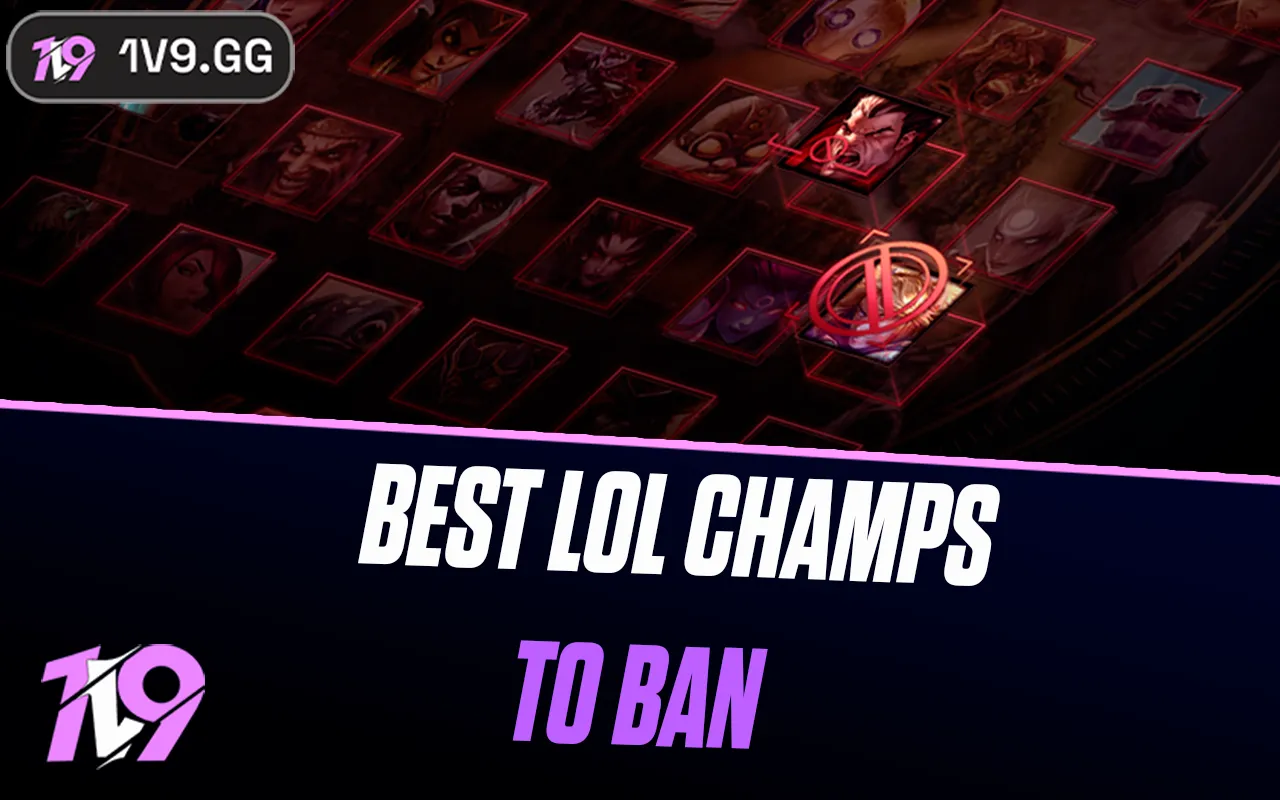- Home
Games
 League of Legends
League of Legends Valorant
Valorant-a6d5b3e156bb.webp) Fortnite
Fortnite Call of Duty
Call of Duty Clash of Clans
Clash of Clans GTA 5
GTA 5 Counter-Strike 2
Counter-Strike 2 Roblox
Roblox Rainbow Six Siege
Rainbow Six Siege Clash Royale
Clash Royale Minecraft
Minecraft Dota 2
Dota 2 Rocket League
Rocket League Genshin Impact
Genshin Impact Squad Busters
Squad Busters Rust
Rust Apex Legends
Apex Legends Pokemon Go
Pokemon Go XDefiant
XDefiant Hay Day
Hay Day LoL: Wild Rift
LoL: Wild Rift Diablo 4
Diablo 4 FC 25
FC 25 Destiny 2
Destiny 2 World of Warcraft
World of Warcraft Marvel Rivals
Marvel Rivals The Finals
The Finals Deadlock
Deadlock-9ede9dc6b01b.webp) PUBG Mobile
PUBG Mobile Forza Horizon 5
Forza Horizon 5 Growtopia
Growtopia Honkai: Star Rail
Honkai: Star Rail Warframe
Warframe 8 Ball Pool
8 Ball Pool Zenless Zone Zero
Zenless Zone Zero Runescape 3
Runescape 3 Path of Exile
Path of Exile Raid: Shadow Legends
Raid: Shadow Legends Lost Ark
Lost Ark Summoners War
Summoners War WoW: Classic Era
WoW: Classic Era WoW: Season of Discovery
WoW: Season of Discovery WoW Cataclysm
WoW Cataclysm WoW: Hardcore
WoW: Hardcore Throne and Liberty
Throne and Liberty Escape From Tarkov
Escape From Tarkov New World
New World Mobile Legends
Mobile Legends Blade Ball
Blade Ball Path of Exile 2
Path of Exile 2 Fisch
Fisch Pet Simulator 99
Pet Simulator 99 Pets Go
Pets Go-d8bcef7708c7.webp) One Piece Bounty
One Piece Bounty Anime Adventures
Anime Adventures Blox Fruits
Blox Fruits Adopt Me
Adopt Me Murder Mystery 2
Murder Mystery 2 Fragpunk
Fragpunk Wuthering Waves
Wuthering Waves Free Fire
Free Fire Teamfight Tactics
Teamfight Tactics Albion Online
Albion Online Black Desert Online
Black Desert Online Brawl Stars
Brawl Stars Honor of Kings
Honor of Kings Arena of Valor
Arena of Valor Call of Duty: Mobile
Call of Duty: Mobile Rematch
Rematch Steal a Brainrot
Steal a Brainrot Grow a Garden
Grow a Garden FC 26
FC 26 Plants vs Brainrots
Plants vs Brainrots Old School Runescape
Old School Runescape Overwatch
Overwatch Battlefield
Battlefield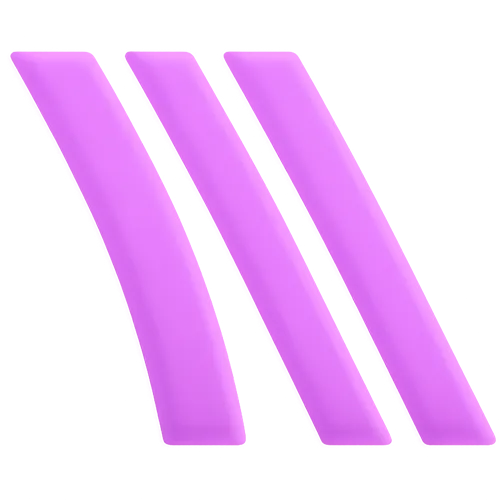 Arc Raiders
Arc Raiders Dragon Ball Legends
Dragon Ball Legends Fallout 76
Fallout 76 Jailbreak
Jailbreak Type Soul
Type Soul GPO
GPO DonutSMP
DonutSMP Escape Tsunami For Brainrots
Escape Tsunami For Brainrots Watcher of Realms
Watcher of Realms Roblox Rivals
Roblox Rivals 2XKO
2XKO- Lootboxes
- Become Affiliate
- Blog
- Contact Us
- Sign In

What is Low Priority Queue in League of Legends? Explained
The low priority queue in League of Legends is a consequence of the LeaverBuster system, designed to penalize players who frequently disconnect from games. This system aims to deter players from abandoning matches, intentionally or not, by placing them in a queue with extended wait times for future games.
Riot Games introduced the LeaverBuster system as a measure against players who quit games prematurely. Those flagged by the system are placed in a low priority queue, where they encounter wait times significantly longer than usual—ranging from five to fifteen minutes extra per game. Typically, affected players are required to endure this delay for five consecutive games, starting with a five-minute additional wait.
For repeat offenders who continue to leave while in the low priority queue, the penalty escalates. Wait times can extend up to fifteen minutes per game. Additionally, on September 17, Riot Games intensified these penalties by introducing "queue lockouts," a harsher punishment phase. Players who persist in AFK behavior or disconnections face being barred from entering matches for durations from one day to a maximum of fourteen days, depending on the severity of their infractions.
After serving a queue lockout period, players can re-enter the matchmaking process but will be reverted to the low priority queue, where they must wait an additional fifteen minutes over the next five games. This layered approach underscores Riot's commitment to maintaining a fair and enjoyable gaming environment by curbing the disruptive behavior of leaving games.
All low priority tiers and queue delays in League of Legends

To escape the constraints of the low priority queue in League of Legends and its associated penalties, players are required to successfully participate in and complete a minimum of five matchmade games without prematurely exiting any of them. Additionally, should a player choose to decline a match invite or fail to accept it in time, the countdown for exiting the low priority queue will be reset, further emphasizing the importance of full commitment to each matchmaking opportunity presented.
LeaverBuster System
The LeaverBuster system acts as the vigilant guardian within League of Legends, targeting players who prematurely exit matches or remain inactive—commonly referred to as leaving or AFKing. But what's the big deal with leaving a game? When a player leaves, it dampens the enjoyment for others and tilts the scales of victory, often leading to an unfair disadvantage. This is the crux of why the LeaverBuster system is crucial; it ensures that the integrity of the game is maintained by penalizing those who disrupt the competitive balance and collective enjoyment.
What Does the LeaverBuster System Do?
The LeaverBuster system plays a pivotal role in ensuring fairness within the League of Legends community by assigning players who prematurely exit games to the Low Priority Queue. Being in this queue is akin to being placed at the end of a long line, where affected players face extended waiting periods before they can join new matches. Initially, this additional wait is set at five minutes.
However, the LeaverBuster system incorporates a tiered approach to deter repeat offenses. Players who habitually leave games escalate through various levels of the system, each carrying incrementally harsher penalties. For instance, at the entry level, offenders face a five-minute delay for their next five games. On the more severe end of the spectrum, the most persistent leavers endure a 15-minute wait for each game and can even face game access restrictions for up to two weeks, demonstrating the system's commitment to upholding a respectful and uninterrupted gaming environment.
Referred to as a queue lockout, this penalty represents the system's stringent measures against persistent game abandonment. Individuals who frequently leave matches could find themselves barred from joining any match for a duration extending up to 14 days. After serving this lockout period, players aren't immediately returned to regular status; instead, they re-enter the Low Priority Queue, where they're subjected to an additional 15-minute waiting time before they can participate in their next five games, emphasizing the importance of commitment and continuous play within the community.
How Does the LeaverBuster System Impact Players?

The LeaverBuster system enforces its penalties across various game modes, including ranked, draft, blind queues, and Co-op vs AI, ensuring a fair play environment. However, it's important to note that some modes, such as Teamfight Tactics (TFT) and Clash, fall outside its jurisdiction. The repercussions of leaving a game extend beyond just longer wait times; depending on the mode, players may face deductions in League Points (LP) or experience (XP), or even suffer a hit to their Matchmaking Rating (MMR). Additionally, habitual leaving is likely to attract reports from fellow players.
In the context of ranked games, the cost of abandoning matches is quantified in LP. A first offense results in a minor penalty of three points, but subsequent dodges escalate the loss to ten points for each occurrence. Thus, maintaining a consistent presence in your matches is crucial not only for preserving your hard-earned points but also for minimizing queue times and contributing to a positive gaming experience for everyone involved.
How Do You Get Out of the Low Priority Queue?
Navigating your way out of the Low Priority Queue is straightforward but requires commitment. The key to regaining your regular queue status lies in successfully finishing a minimum of five matchmade games without prematurely exiting any of them. It's crucial to note that failing to accept a match invitation or opting to decline one will cause the countdown to freedom to restart. Moreover, making the decision to dodge a game during the champion selection phase will instantly send you back to the Low Priority Queue.
Therefore, before you consider exiting a game, keep in mind the vigilant watch of the LeaverBuster system. Like a diligent guardian of fair play, it's always ready to sanction those who quit early by assigning them to the Low Priority Queue. Commit to your games fully to avoid its oversight and maintain a smooth gaming experience.
FAQ
How to fix low priority queue league of legends?
To resolve your standing in the Low Priority Queue in League of Legends, the sole method is to successfully participate in and conclude a specific tally of games without an early departure. While this figure can fluctuate, it commonly stands at five matches. Throughout this corrective phase, it's imperative to remain in each game until its conclusion. Additionally, any instances of declining or failing to accept a match invitation will necessitate starting the countdown afresh.
How long is league of legends low priority queue?
The duration of your stay in League of Legends' Low Priority Queue is subject to change based on your actions. Usually, you're assigned to endure this queue for about five to six games. However, repeated instances of exiting games prematurely may extend your time spent in this punitive state. Additionally, you will encounter extended wait times before being able to join a game, which begin at a five-minute increment and can escalate up to 20 minutes based on the severity of your infractions.
How long does the leveler queue last?
The duration within the Low Priority Queue, often referred to as the leaver queue, generally spans across five to six matches. Should a player persist in abandoning games during this period, they risk encountering escalated sanctions. These can include protracted wait periods before game entry, extending to as much as 20 minutes, alongside potential queue lockouts. These lockouts can vary in length, imposing restrictions on game access for a period ranging from a single day to a fortnight, contingent upon the frequency and severity of the leaving behavior.
What happens if i keep leaving games in league of legends
Continuously exiting games in League of Legends triggers a series of stringent repercussions. At first, offenders are relegated to the Low Priority Queue, enduring extended wait times before matches. Should this pattern of leaving games continue, the consequences intensify, encompassing protracted wait durations, the imposition of queue lockouts, and the deduction of League Points within the realm of ranked gameplay.
Can I get out of the low priority queue by playing games in other game modes?
Engaging in different game modes will not expedite your exit from the Low Priority Queue. To effectively remove yourself from this status, you are obligated to fulfill the requisite number of games in the specific queue to which you've been assigned, ensuring not to abandon any of these matches before their conclusion. Should you opt to decline or fail to accept a game invite, be aware that this action will initiate a reset of your queue timer.
Conclusion
Navigating the complexities of the Low Priority Queue in League of Legends demands adherence to the system's guidelines and a commitment to completing the specified number of games without early departures. It's a reminder of the importance of sportsmanship and the impact of our actions on the collective gaming experience. Remember, the key to maintaining a positive standing within the League community lies in consistent participation and respect for fellow players. By adhering to these principles, not only can you successfully exit the Low Priority Queue, but you can also contribute to a more enjoyable and fair environment for all summoners.
Posted On: March 10th, 2024
Recent Articles
💬 Need help?
Our 1v9 support team is available 24/7 to help you with any questions or issues you may have.
support@1v9.gg
Loading...
1v9.gg is not endorsed or affiliated by any game developers or publishers.
2025 1v9, All Rights Reserved, Created By NightDev


